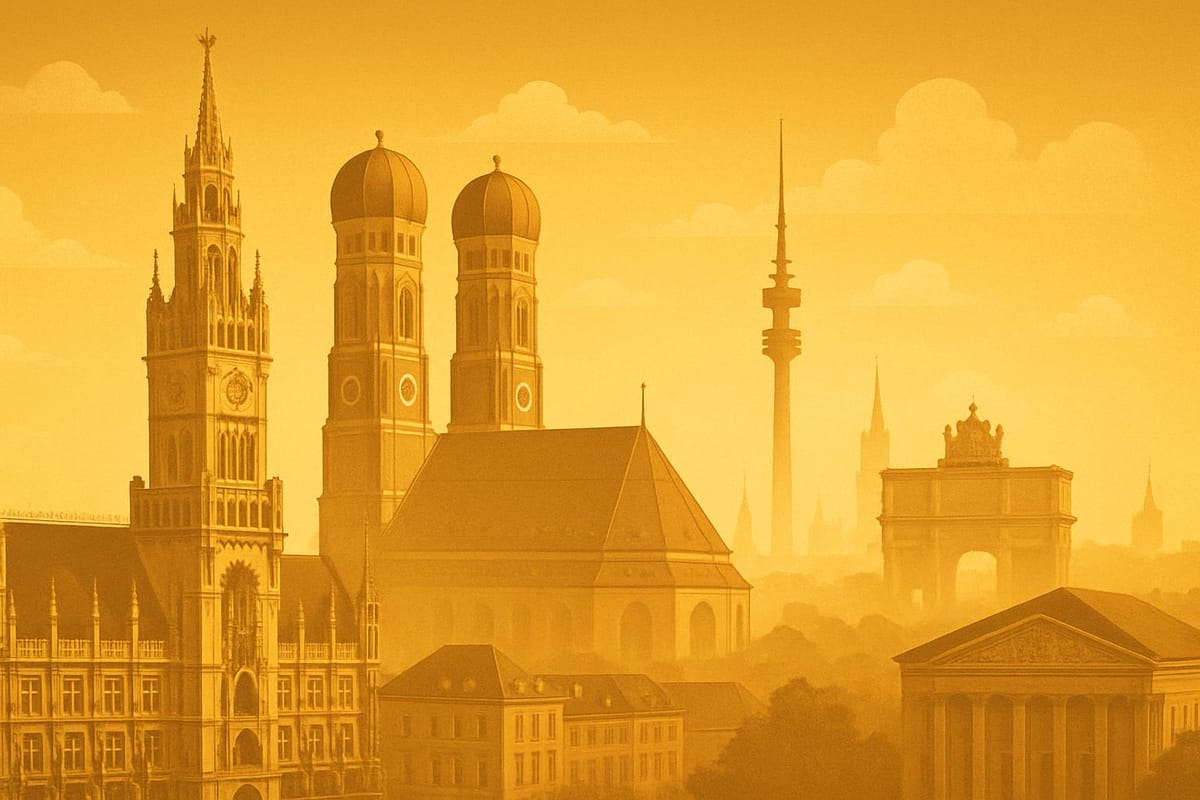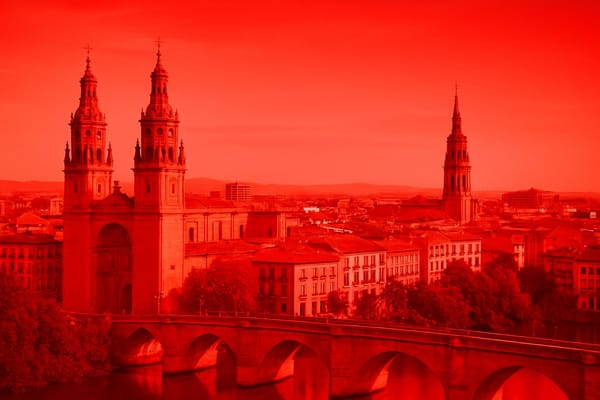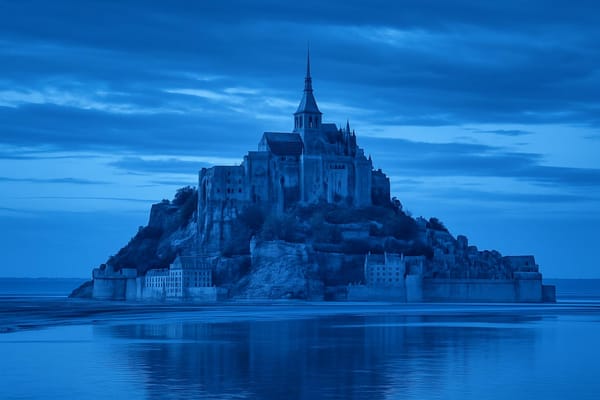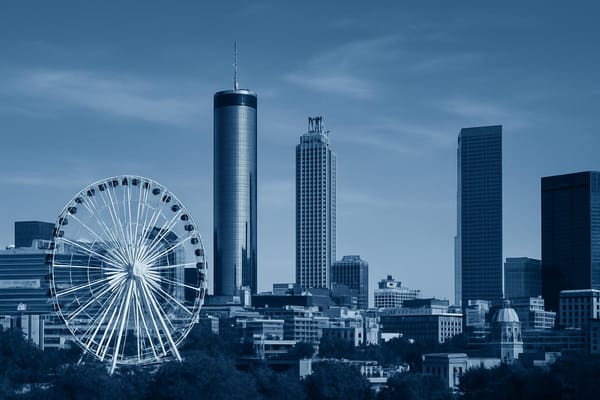Munich
Bavarian beer gardens, historic old town, royal castles, top museums & Alps day trips

Important things to know about Munich
Munich, a dynamic city in southern Germany and the heart of Bavarian life, blends a rich historical character with a forward-looking spirit that shapes its identity as a major center for economy, technology, and culture; residents and newcomers alike are attracted by high standards of quality of life, robust public services, and a diverse job market that spans automotive engineering, information technology, finance, and creative industries. The urban fabric of Munich balances classical and modern architecture, lively neighborhoods, and well-maintained green spaces, creating an environment where innovation hubs, universities, and research institutions feed into a thriving startup scene while established global companies anchor long-term employment and investment. Everyday life is supported by efficient transportation networks, comprehensive healthcare, and educational opportunities that make the city appealing for families, professionals, and students from around the world; at the same time, a distinct regional culture manifests through local cuisines, culinary markets, community events, and a deep appreciation for craftsmanship and seasonal traditions. Munich’s cosmopolitan character is enhanced by international cuisine, vibrant arts and music communities, and a calendar of cultural programming that fosters creativity and social exchange without relying solely on tourism. Sustainability initiatives, bike-friendly streets, and a commitment to urban planning reflect ongoing efforts to balance growth with livability, making Munich an attractive place to live, work, study, and invest in Germany’s prosperous southern region.
Sightseeing hot-spots in Munich
Munich is a vibrant city where history and modern life meet, and the sightseeing highlights of Munich are packed into a compact, walkable center. Start at Marienplatz, the pulsating heart of the city, where the ornate Neues Rathaus and its famous Glockenspiel draw crowds for hourly performances. Nearby, the market stalls of Viktualienmarkt offer fresh Bavarian produce and snacks, while the twin towers of the Frauenkirche define the skyline and provide a sense of Munich’s medieval roots. Strolling the Old Town gives visitors an immediate feel for Munich Germany sightseeing, with cobbled streets, traditional bakeries and charming cafés inviting leisurely exploration.
For culture and discovery, Munich’s museums and parks are essential parts of any itinerary. The baroque grandeur of Nymphenburg Palace and the imperial Residenz showcase royal history, while the Deutsches Museum offers world-class science and technology exhibits that delight all ages. Art lovers should not miss the Pinakotheken galleries, and automotive enthusiasts will appreciate the interactive displays at the BMW Museum and nearby Olympic Park. Nature seekers can unwind in the expansive English Garden, where the popular beer gardens and the Chinese Tower make for perfect afternoon relaxation and authentic Bavarian atmosphere.
Seasonal events and nearby day trips extend Munich’s appeal beyond city sightseeing. In late September, Oktoberfest transforms the city into a global celebration of beer and tradition, while winter brings festive Christmas markets with warm mulled wine and handcrafted goods. Outdoor activities along the Isar River or guided walking tours reveal hidden corners and local stories, and iconic excursions to Neuschwanstein or the solemn Dachau Memorial are easy from Munich’s efficient transport network. Combine historical landmarks, cultural institutions and Bavarian cuisine to experience the best of Munich, making it one of the top attractions in Germany for first-time and returning visitors alike.
Hotels to enjoy in Munich
Munich is a vibrant city where finding the right hotels in Munich can shape your entire visit, whether you're in town for business or pleasure. From elegant luxury hotels near Marienplatz and the historic Hofbräuhaus to charming boutique stays close to the English Garden, Munich hotels offer a blend of Bavarian tradition and modern comfort. Travelers looking for central accommodation in Munich will appreciate easy access to the U-Bahn, S-Bahn and trams, which connect the city center with attractions like the Deutsches Museum and the lively beer gardens. Seasonal events such as Oktoberfest transform demand and prices, so planning ahead is essential if you want a room with character near the festival grounds or within walking distance of popular restaurants and shopping streets.
Choosing between budget-friendly options and upscale downtown properties is straightforward when you prioritize location and amenities: many hotels advertise perks like complimentary breakfast, airport shuttles to Munich Airport, and proximity to München Hauptbahnhof for rail connections across Bavaria and Europe. Business travelers often look for conference facilities and fast Wi‑Fi, while families seek larger rooms and easy access to parks and museums. For the best value, compare reviews and consider stays in emerging neighborhoods that balance quieter nights with quick transit to the heart of the city. Sustainable and boutique Munich hotels are increasingly popular, offering local design, regional cuisine and personalized service that make your stay memorable while supporting the local community.
Restaurants to try in Munich
Munich is a city where Bavarian cuisine meets cosmopolitan creativity, and the variety of restaurants in Munich reflects that rich culinary tapestry. From cozy taverns serving Weißwurst and pretzels to upscale, Michelin-starred tasting menus, the dining scene offers options for every palate. Traditional beer gardens and bustling markets like Viktualienmarkt showcase fresh local produce, sausages, and regional cheeses, while modern kitchens reinterpret classics with seasonal ingredients. Visitors searching for the best restaurants in Munich will find everything from hearty rustic fare to refined international plates, and the city’s love of beer and hospitality makes many Munich restaurants social hubs where locals and tourists mingle.
Exploring the Munich food scene means wandering neighborhoods such as Altstadt, Schwabing, and Glockenbach, where a mix of historic inns and contemporary bistros creates a dynamic restaurant landscape. Reservations are often recommended for popular spots, especially on weekends or during festival seasons, and diners will discover options that suit every budget, from affordable street-food stalls to luxury dining rooms. Online reviews and local guides can help pinpoint standout menus and wine lists, but part of the joy is discovering a hidden gem off the beaten path. Whether you seek traditional Bavarian comfort or innovative global cuisine, restaurants in Munich deliver memorable meals, warm service, and a sense of place that makes dining in Munich a highlight of any visit.
Best shopping stops in Munich
Munich offers a vibrant mix of historic charm and modern retail convenience, making shopping in Munich a must for visitors and locals alike. From the bustling pedestrian thoroughfare of Kaufingerstraße to the iconic square of Marienplatz, you’ll find an array of department stores, international chains and independent boutiques that cater to every taste. Fashion lovers flock to Maximilianstraße for luxury brands and high-end designer labels, while bargain hunters and trend seekers explore the smaller side streets for unique pieces by local designers. Food enthusiasts will be drawn to the Viktualienmarkt, where artisanal cheeses, Bavarian sausages and seasonal produce make for an edible souvenir and an authentic taste of Munich’s culinary scene. Whether you are searching for the latest runway looks, traditional Bavarian souvenirs such as handcrafted steins and dirndl trims, or sustainable goods from emerging Munich creators, the city’s retail landscape delivers variety and quality.
Beyond flagship stores and famous shopping streets, Munich’s shopping experience is enriched by stylish shopping malls, concept stores and weekly markets that reflect the city’s blend of tradition and innovation. The combination of historic architecture, tree-lined avenues and lively market squares creates a pleasant environment for leisurely window shopping or serious retail therapy. Seasonal events, including Christmas markets and summer pop-ups, add extra reasons to explore shopping in Munich year-round, while customer service and tax-free shopping options make purchases convenient for international visitors. Whether you plan a dedicated day of purchases or casual browsing between cultural sights, Munich’s retail offerings are diverse, well-curated and designed to satisfy a wide range of shopper preferences.
Nightlife highlights in Munich
Munich nightlife is a vibrant blend of traditional beer gardens and modern clubs, offering something for every taste from twilight to the early hours. In neighborhoods like Glockenbachviertel and Schwabing you’ll find cozy bars, cocktail lounges and lively streets where locals and visitors mingle. The city’s late-night scene balances Bavarian charm with international flair: historic taverns stand beside sleek venues serving electronic beats, while restaurants transition into lively meeting spots after dinner. For visitors searching online, keywords like Munich nightlife, bars, clubs, and live music often guide the best evenings out, and exploring the Isar riverbanks after sunset reveals spontaneous gatherings and relaxed night walks.
Beyond dancing and drinks, Munich’s nightlife highlights include a strong live music culture, intimate jazz bars, and multi-room clubs hosting both local DJs and international acts, making the city a hub for night owls. Night markets, seasonal events, and late-opening beer gardens contribute to a dynamic calendar, so checking current listings helps you find the right vibe. Whether you prefer a quiet Bavarian beer hall, an energetic club, or a rooftop cocktail under the stars, the nightlife in Munich promises memorable evenings with a mix of tradition and contemporary energy.
Getting around in Munich
Munich’s air and rail connections make it one of Germany’s best-connected travel hubs: Munich Airport (MUC), located northeast of the city, operates two main terminals with efficient ground services and is a major Lufthansa hub, while the city’s rail network-anchored by München Hauptbahnhof-offers fast long-distance ICE high-speed trains, regional services and an extensive S-Bahn/U-Bahn network for local transfers. The airport is linked to central Munich by the frequent S1 and S8 S‑Bahn lines, typically running every 10–20 minutes and taking around 40 minutes to reach the city center, and the whole system is integrated into the MVV public transport tariff for smooth transfers to trams and buses; travelers also have dedicated airport buses, car rental and parking options for flexibility. For onward travel across Germany and into neighboring countries, catch ICE and intercity trains from Hauptbahnhof and Ostbahnhof to destinations like Berlin, Frankfurt, Vienna and Zurich, while regional express trains connect Bavaria’s towns and tourist gateways. Overall the combination of reliable train links, frequent airport rail service and a dense urban transit system makes getting to and from Munich airport straightforward, efficient and well suited to business and leisure travelers alike.
Culture must-see's in Munich
Munich’s culture highlights paint a vivid portrait of a city where tradition and modernity meet in every square and museum. Strolling through Marienplatz you can feel the pulse of Bavaria - from the animated Glockenspiel to the baroque spires and the stately silhouette of the Residenz. The city’s world-class museums and galleries display everything from medieval treasures to cutting-edge contemporary art: the Alte Pinakothek, Pinakothek der Moderne and the Lenbachhaus anchor a museum landscape that draws history lovers and design fans alike. Architectural diversity-from Gothic churches to bold postwar structures-gives Munich an engaging streetscape where classical music, opera, and theatre are performed in historic venues and state-of-the-art houses, making the cultural calendar rich year-round.
Beyond its institutions, Munich’s cultural scene shines through its festivals, culinary traditions and lively public spaces. The city’s global fame for Oktoberfest is only one facet of a vibrant festival culture that includes film, jazz and electronic music events; meanwhile, local beer gardens and cosy taverns offer authentic Bavarian cuisine alongside international fare, showcasing gastronomy as an essential cultural expression. Contemporary scenes in areas like Schwabing and Glockenbach foster street art, independent galleries and nightlife, while the Englischer Garten provides a public stage for seasonal performances and relaxed social life. For visitors and locals seeking the best culture highlights of Munich, the blend of historic charm, artistic innovation and festive spirit creates an unforgettable urban experience that keeps people returning year after year.
History of Munich
The history of Munich stretches from a humble medieval monastery settlement to one of Europe’s most dynamic cultural and economic centers. First documented in 1158 under Duke Henry the Lion, the name München-derived from the Old High German for “by the monks”-marks the city’s monastic origins. Over the Middle Ages and into the Renaissance, Munich grew under the Wittelsbach rulers, establishing itself as a ducal and later royal residence in Bavaria. The Old Town around Marienplatz and the imposing twin towers of the Frauenkirche became defining landmarks, while palaces like Nymphenburg and green spaces such as the Englischer Garten reflected the city's rise as a center of courtly culture and Baroque and neoclassical architecture. The 19th century, especially under King Ludwig I, transformed Munich into a modern capital: museums, academies, and boulevards flourished, and traditions like Oktoberfest, which began as a 1810 royal wedding celebration, were codified into the city's identity. This long arc is central to the history of Munich, showing a continuity of artistic patronage, urban planning, and Bavarian identity.
The 20th century brought dramatic and often painful chapters to Munich’s story. The city became a political crucible where the Nazi era emerged-most notably the 1923 Beer Hall Putsch-and later served as a showcase for the regime. Munich suffered severe damage during World War II, and its postwar reconstruction combined careful restoration of historic façades with modernist rebuilding, shaping the present-day skyline. In 1972 the city hosted the Summer Olympics, an event marred by the tragic terrorist attack, but also one that highlighted Munich’s postwar resurgence. Since then Munich has developed into a global hub for industry, technology, and research, home to companies like BMW and major institutions such as LMU and TU Munich, while preserving its rich cultural heritage in beer halls like the Hofbräuhaus, museums, and festivals. The ongoing history of Munich is a story of resilience: from medieval monk’s settlement to modern metropolis, its layers of architecture, politics, and culture continue to attract visitors and scholars interested in Bavaria’s capital and its evolving role in Germany and Europe.



